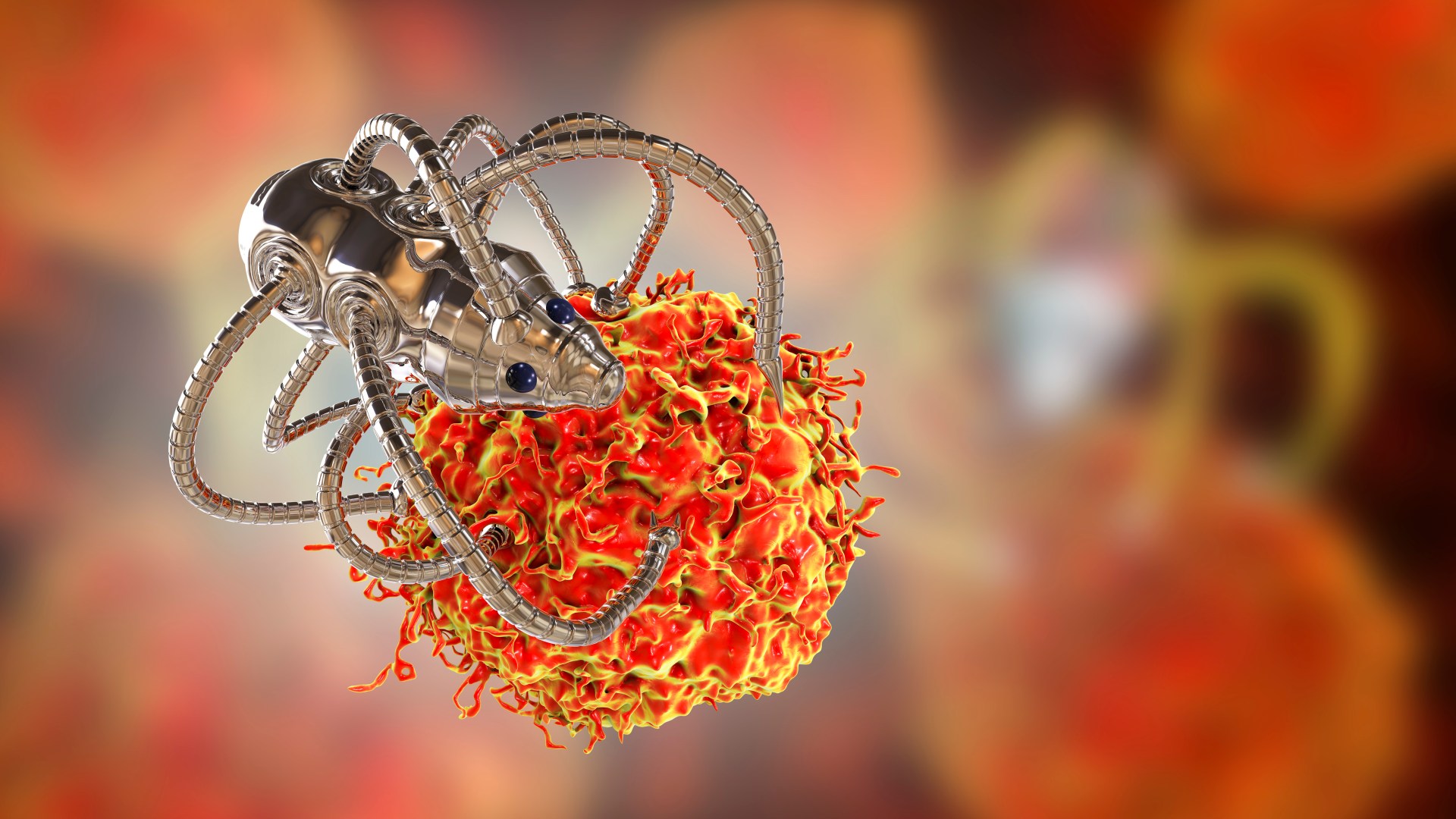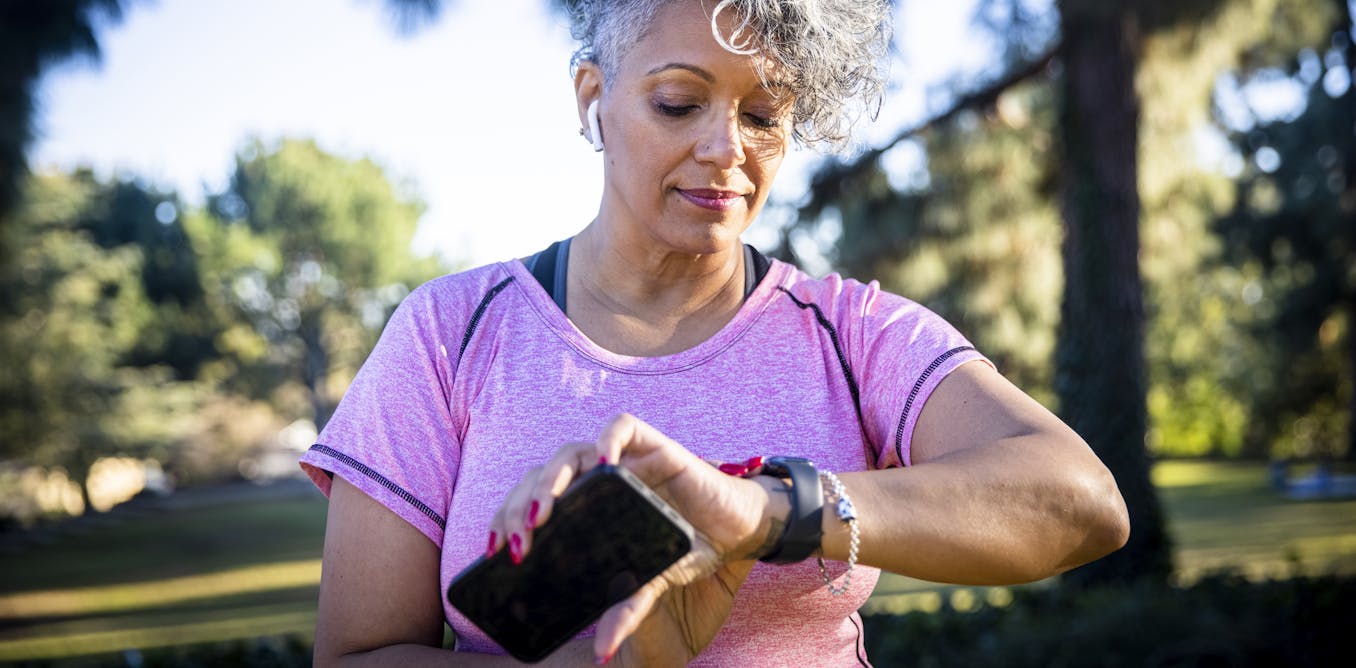It is a worrying simple fact that more than 50 % of us will get most cancers in our life span.
Just about every yr about 385,000 people are identified and 167,000 lives are lost to the disease in the UK . . . and industry experts have warned of an alarming new surge in the younger.
But, in the experience of climbing conditions, there is excellent news — the potential of cancer care looks brighter.
Personalised drugs
Potentially the most enjoyable new avenue of analysis is tailoring medicine to handle a patient’s cancer based on their very own tumour’s genetic make-up.
Professor Lawrence Younger, an oncologist who has been working in cancer investigate for 40 several years, claims: “We’ve learnt that by profiling the genetics, you pretty much get a barcode for an individual’s cancer.
“Just because somebody’s got the same stage and grade of cancer, does not indicate it must be addressed the identical, or with a particular mix of medicines.”
The NHS declared in May that it would trial personalised cancer vaccines made by biotech giants BioNTech and Genentech.
Some 10,000 individuals in England are established to get their very own sickness-busting jab by 2030, through the NHS Cancer Vaccine Launch Pad.
Immunotherapy
Dubbed the “biggest breakthrough since chemo”, immunotherapy harnesses the energy of the immune technique to fight cancer.
Antibodies seek out out and mark the diseased cells for destruction but spare surrounding healthier tissue, as opposed to chemotherapy or radiotherapy.
Prof Youthful states: “We’ve recognized for 100 years the body attempts to fight cancer with the immune program but it does not actually do the job.
“Cancer cleverly learns how to get all-around the immune reaction. It can change off the way the immune system recognises it – but these antibodies can switch it back on once more.
“Antibodies are powerful alone, but where they are most productive is in blend with a further style of immunotherapy.”
Keytruda (pembrolizumab) delivers most cancers cells out from hiding.
It has been accredited for managing many cancers on the NHS, together with melanoma, cervical, breast and lung cancer. But its use could be extended to bowel cancer.
Targeted cancer drugs
These function more specifically to prevent most cancers cells from dividing and developing, while restricting harm to wholesome cells – and their takes advantage of are increasing.
Prof Younger suggests: “This is concentrating on the machinery of the genetic mutations that push most cancers.
“Some are targets we have recognized about for several years but were tough, till recently, to establish medications for.
“The regular growth of our cells is controlled by switches which become mutated and completely switched on in most cancers cells.
“Now, soon after several years of investigate, we have targeted drugs which can switch off these development signals.”
Kinase inhibitors are focused medication – modest molecules that end specific enzymes involved in cancer progress.
Lorlatinib, branded as Lorviqua, is made use of for a handful of people with ALK-beneficial non-tiny mobile lung most cancers.
But after “groundbreaking” outcomes in Could, campaigners hope it will grow to be a lifeline for the 350 men and women in the British isles who are diagnosed with this variety of cancer just about every 12 months.
Blood tests
Early diagnosis is even now the greatest weapon versus cancer and its devastating impacts.
Blood exams are getting to be ever more delicate in recognizing the disorder.
Prof Younger says: “Current blood exams are not that excellent. For instance, we evaluate the proteins PSA, for prostate cancer, or CEA, for ovarian most cancers, but they’re not quite particular.
“We want to do our ideal to remedy most cancers with early analysis, and with these intriguing blood checks it may be doable to detect most cancers early and clear away it in advance of we get way too significantly.”
These new blood assessments can “identify minuscule quantities of DNA shed from tumour cells into the blood”, Prof Youthful suggests.
The NHS has been trialling the Galleri blood take a look at in England and Wales, working with 140,000 volunteers so significantly, and will carry on until finally 2026.




